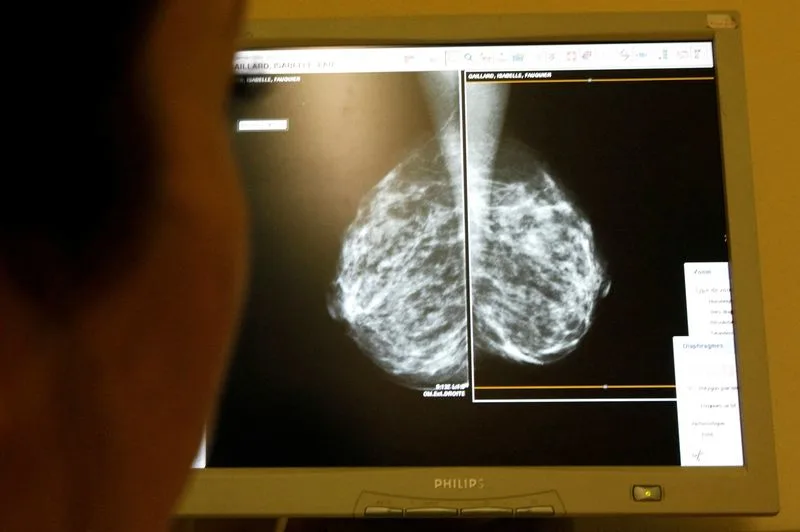Revised Guidelines:
- The USPSTF’s influential recommendation, published in the Journal of the American Medical Association (JAMA), aligns with other major organizations such as the American Cancer Society, the American College of Obstetricians and Gynecologists, and the National Comprehensive Cancer Network. These organizations advocate for breast cancer screening to commence at age 40 or, at the very least, encourage discussions with healthcare providers about the risks and benefits.
- By lowering the age for biennial screening to 40, the USPSTF acknowledges mounting evidence that more women under 50 are being diagnosed with breast cancer. Notably, Black women, who face a 40% higher mortality rate from breast cancer compared to white women, stand to benefit from earlier screening.
- U.S. insurers are already required by law to fully cover mammograms for women over 40 who desire them, at least through the end of this year. The USPSTF’s recommendation ensures the continuity of this coverage under the Affordable Care Act.
Why the Change?
- The shift in guidelines reflects a growing understanding of breast cancer risk factors and the importance of early detection. Initiating screening at age 40 allows for timely identification of tumors, potentially saving lives.
- Dense breasts, which nearly half of all women have, increase the risk of breast cancer. However, the task force currently lacks sufficient evidence to recommend additional screening with breast ultrasound or magnetic resonance imaging for these individuals.
Expert Perspectives:
- Deirdre Saulet, vice president of cancer care at Carrum Health, anticipates that more primary care doctors will recommend starting screening at age 40 for women of average risk.
- Dr. Carol Mangione, chair of the USPSTF, emphasizes the importance of reducing confusion around the “right” age for screening.
In summary, the updated guidelines emphasize the critical role of early breast cancer detection, particularly for Black women and those with dense breasts. Regular mammograms starting at age 40 can lead to better outcomes and ultimately save lives.
Remember, always consult with your healthcare provider to determine the best approach for your individual risk profile. Early detection remains our strongest weapon against breast cancer.



Comments
Post a Comment